How Trump’s trade war with China is hurting Apple
Tech giant says new US import tariffs on gadgets including Apple Watch and AirPods will give rival Samsung an unfair advantage
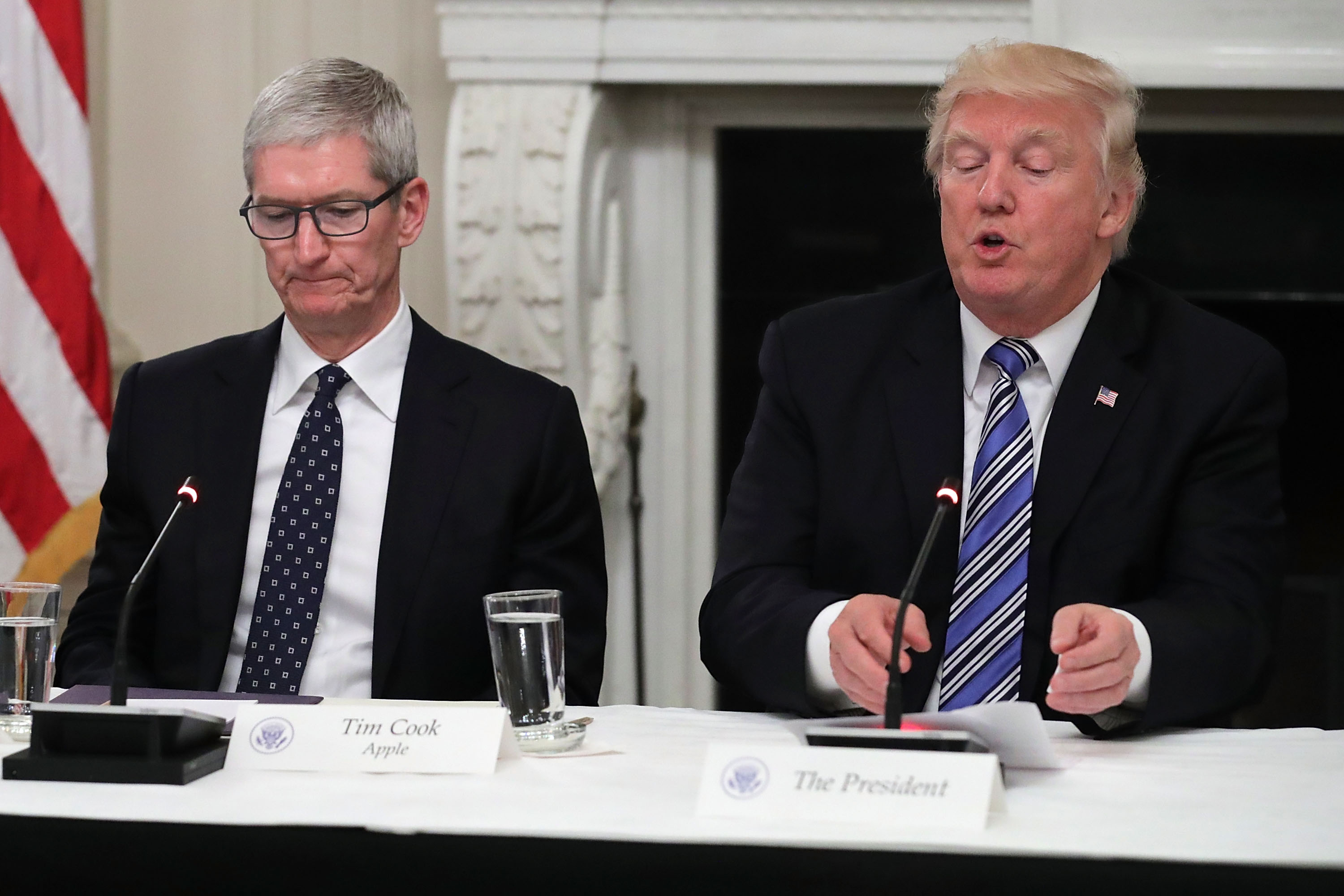
A free daily email with the biggest news stories of the day – and the best features from TheWeek.com
You are now subscribed
Your newsletter sign-up was successful
Apple is facing a production crisis as Donald Trump introduces a new 15% tariff on goods including wearable tech and entertainment devices imported from China.
The levies came into effect on Sunday and are the latest move in the US president’s “tit-for-tat” trade war with Beijing, TechCrunch reports.
Apple, which has many of its products assembled in China, has been “lobbying Trump for more than a year” to avoid tariffs, with company chief Tim Cook recently telling the president that Samsung will gain a competition edge since the levies will not affect the rival firm, says Bloomberg.
The Week
Escape your echo chamber. Get the facts behind the news, plus analysis from multiple perspectives.

Sign up for The Week's Free Newsletters
From our morning news briefing to a weekly Good News Newsletter, get the best of The Week delivered directly to your inbox.
From our morning news briefing to a weekly Good News Newsletter, get the best of The Week delivered directly to your inbox.
But Trump has blamed US-based tech companies for being unable to handle trade policies that he claims will rein in “unfair players”, the news site reports.
Why is Apple affected by the tariffs?
Like many other global tech firms, Apple contracts factories and facilities in China to build its products, many of which are subject to the new import duties.
However, the Cupertino-based tech firm’s key rivals, Samsung and China’s Huawei, are unaffected by the tariffs. Samsung has “a more diversified supply chain” than Apple, with manufacturing and assembly lines in South Korea and Vietnam, says The Verge.
A free daily email with the biggest news stories of the day – and the best features from TheWeek.com
And Huawei is banned from selling products in the US but remains popular in other parts of the world - especially its home market.
By contrast, Apple is going to have to stump up for having most of its supply chain based in China, where the company’s operations are overseen by Taiwan-based manufacturing firm Foxconn, says Business Insider.
Which products are affected?
As reported by Bloomberg, the Apple devices that will be subject to the new tariffs are:
- Apple Watch
- Apple Watch bands
- AirPods
- HomePod
- Select Beats headphones
- iMac computers
The levies are also expected to extend to repair parts for iPhones and to the “Nand flash” storage component that Apple uses in its smartphones.
The iPhone, iPad tablets and iMac computers won’t be impacted by the fresh import duties at first.
However, a second wave of tariffs is planned by the US government that will apply to the firm’s portable devices and computers. The introduction of these tariffs has been delayed until mid December to “accommodate the holiday shopping season”, The Verge says.
So what might Apple do next?
Apple has yet to comment officially on the latest import levies.
But as The Daily Telegraph notes, the move may force Cook to make a critical decision: “either remain in China, ride out the trade war and hope it is temporary, or move much of its manufacturing base outside of the country”.
According to the newspaper, the former option is the more likely one, with Apple expected to “swallow the cost of the tariffs” rather than trying to pass on the bill to its customers.
There is speculation that Apple might move its operations to the home country of manufacturing partner Foxconn, however.
“I am urging Apple to move to Taiwan,” said Foxconn chief Terry Gou during the firm’s annual meeting in June. “I think it is very possible.”
-
 The environmental cost of GLP-1s
The environmental cost of GLP-1sThe explainer Producing the drugs is a dirty process
-
 Greenland’s capital becomes ground zero for the country’s diplomatic straits
Greenland’s capital becomes ground zero for the country’s diplomatic straitsIN THE SPOTLIGHT A flurry of new consular activity in Nuuk shows how important Greenland has become to Europeans’ anxiety about American imperialism
-
 ‘This is something that happens all too often’
‘This is something that happens all too often’Instant Opinion Opinion, comment and editorials of the day
-
 Will AI kill the smartphone?
Will AI kill the smartphone?In The Spotlight OpenAI and Meta want to unseat the ‘Lennon and McCartney’ of the gadget era
-
 Is Apple’s Tim Cook about to retire?
Is Apple’s Tim Cook about to retire?Today's Big Question A departure could come early next year
-
 Why Trump pardoned crypto criminal Changpeng Zhao
Why Trump pardoned crypto criminal Changpeng ZhaoIn the Spotlight Binance founder’s tactical pardon shows recklessness is rewarded by the Trump White House
-
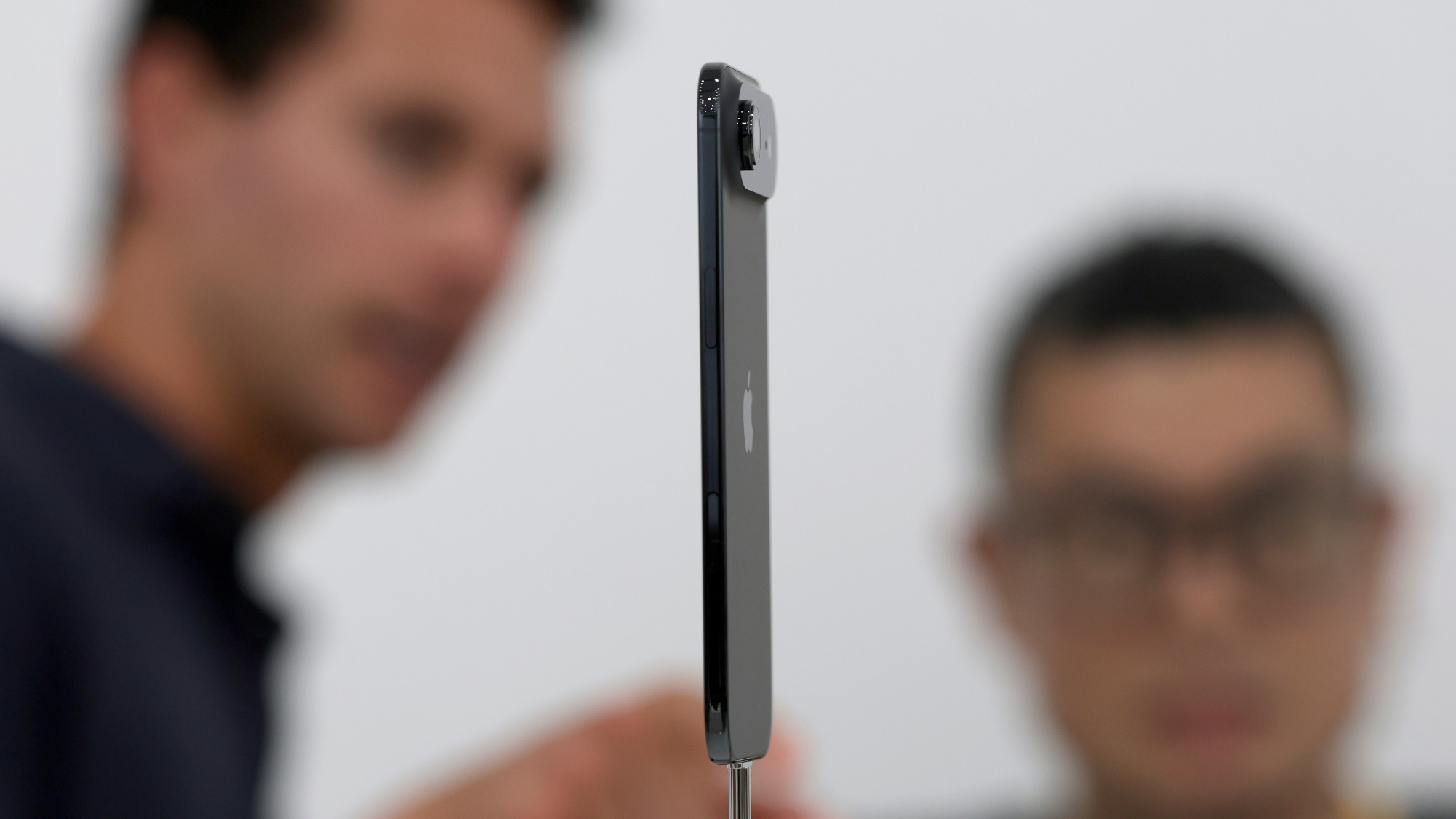 iPhone Air: Thinness comes at a high price
iPhone Air: Thinness comes at a high priceFeature Apple’s new iPhone is its thinnest yet but is it worth the higher price and weaker battery life?
-
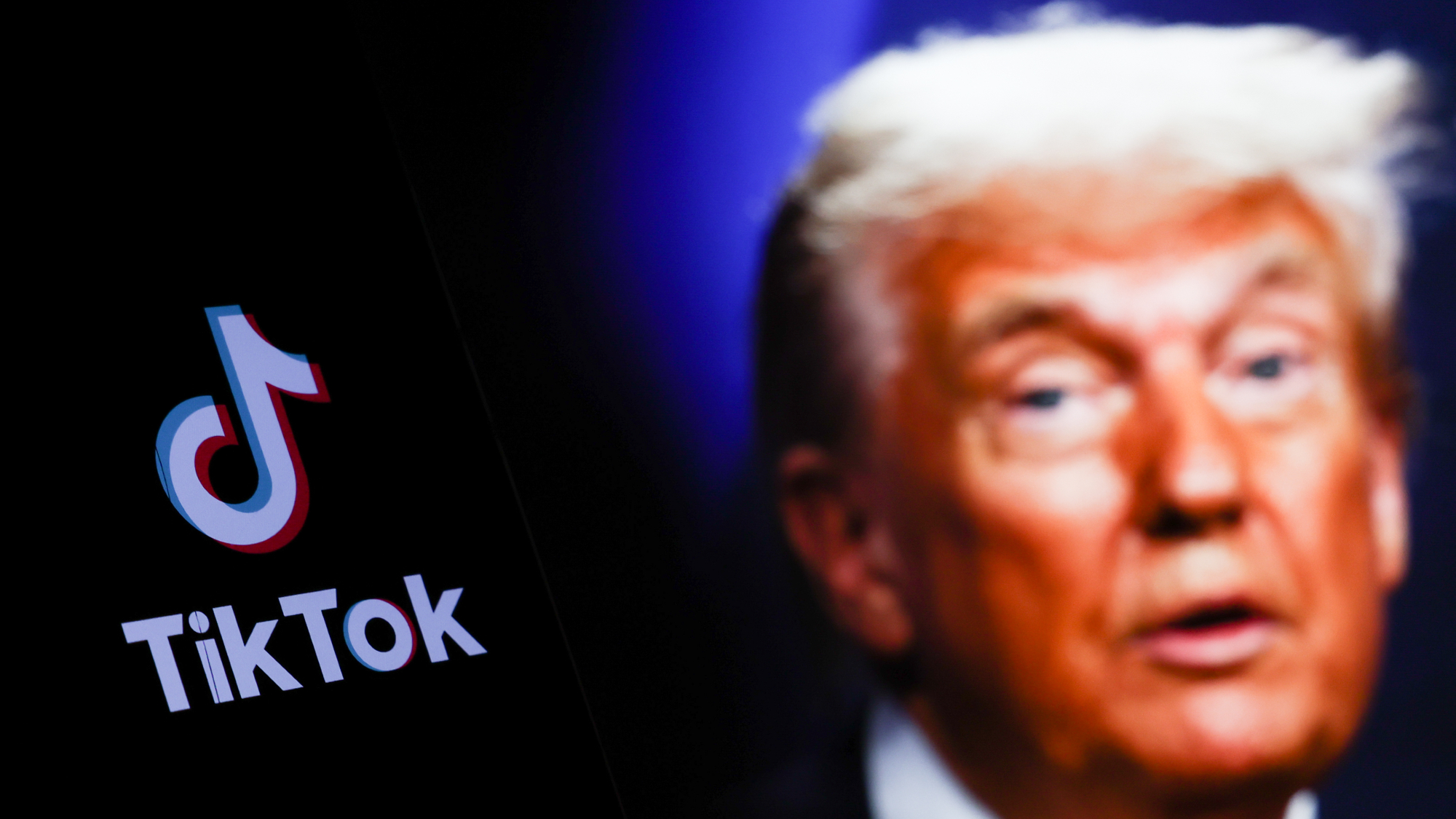 Trump allies reportedly poised to buy TikTok
Trump allies reportedly poised to buy TikTokSpeed Read Under the deal, U.S. companies would own about 80% of the company
-
 The noise of Bitcoin mining is driving Americans crazy
The noise of Bitcoin mining is driving Americans crazyUnder the Radar Constant hum of fans that cool data-centre computers is turning residents against Trump's pro-cryptocurrency agenda
-
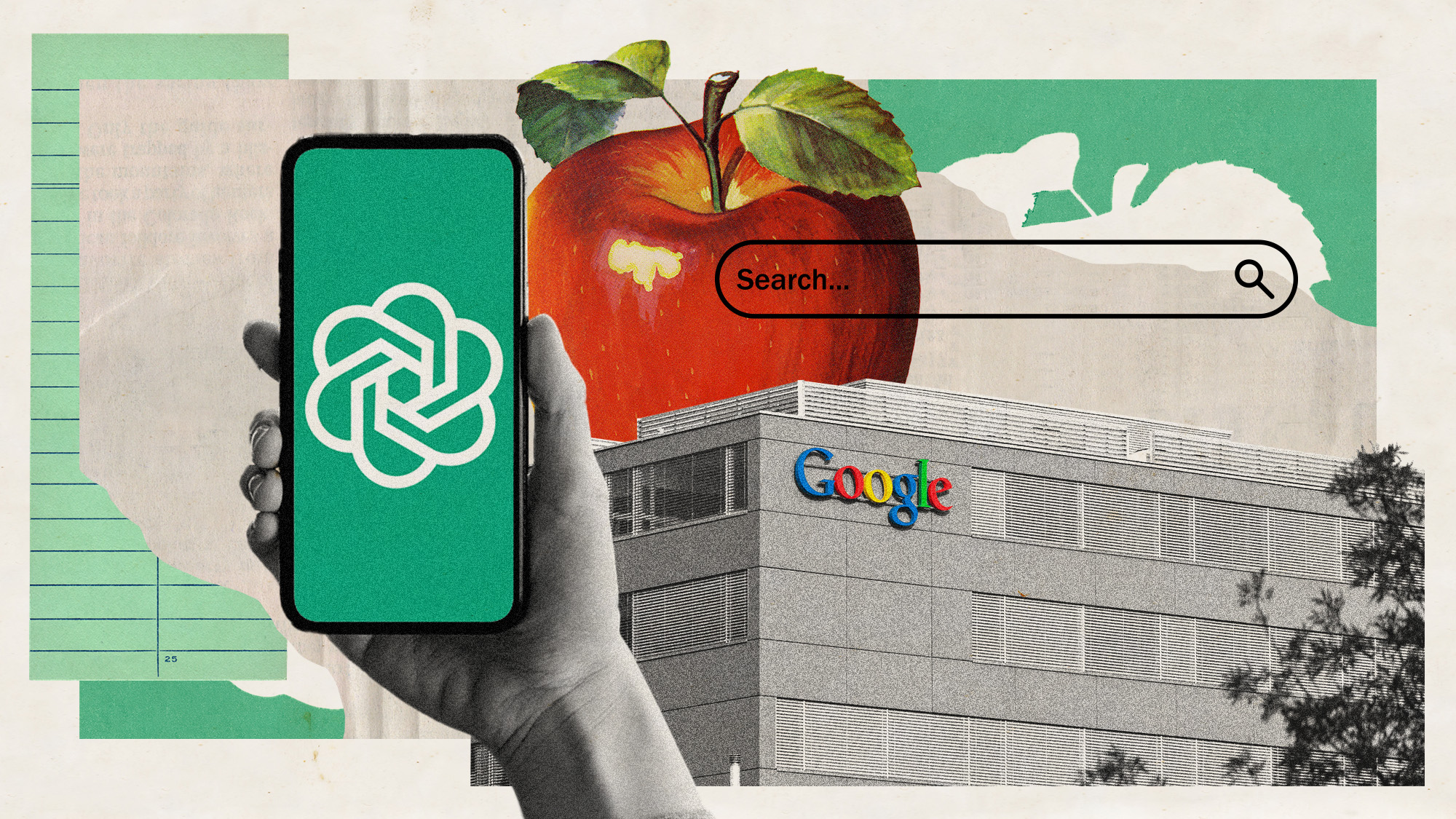 Is Apple breaking up with Google?
Is Apple breaking up with Google?Today's Big Question Google is the default search engine in the Safari browser. The emergence of artificial intelligence could change that.
-
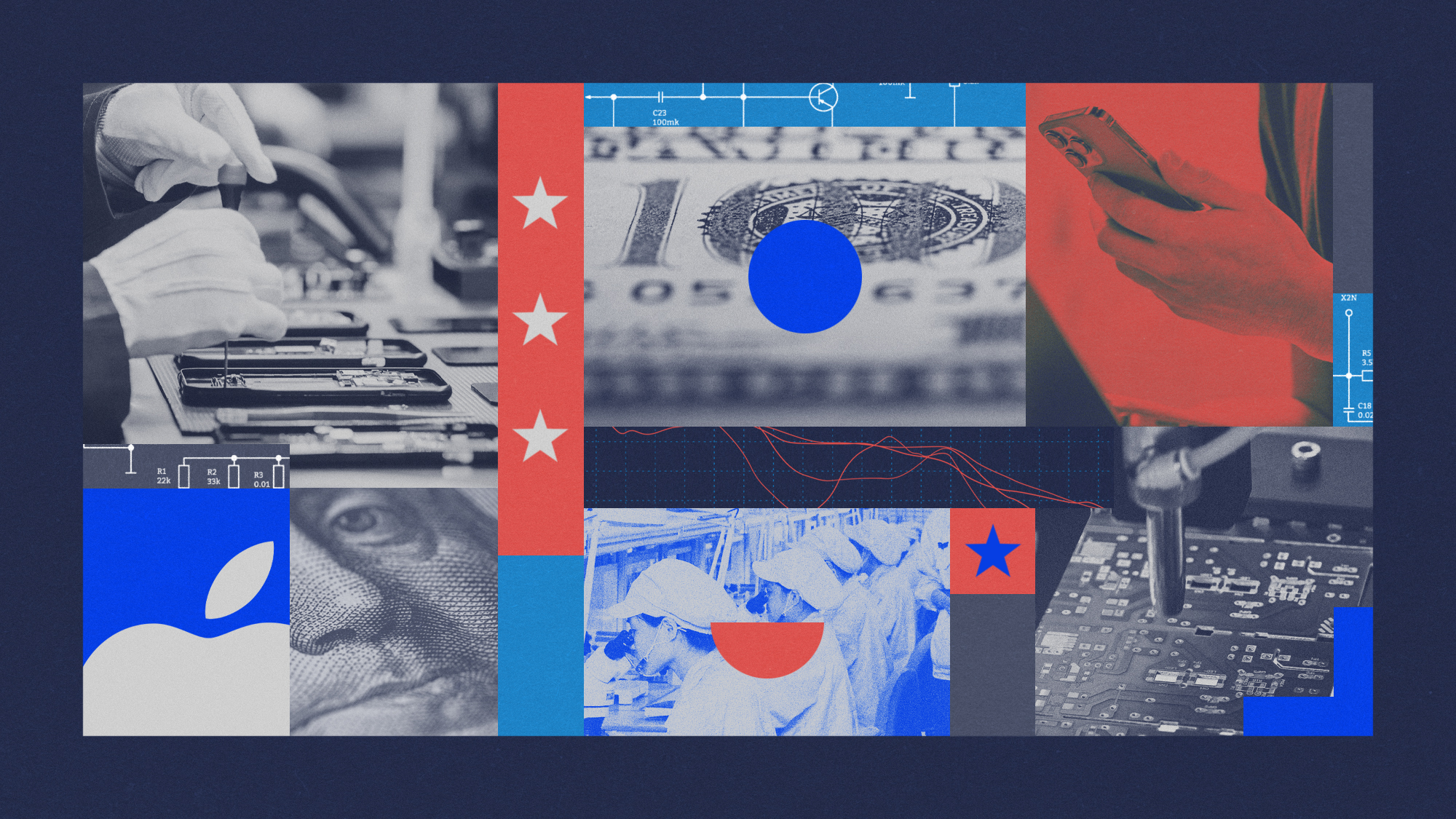 Why won't Apple make iPhones in America?
Why won't Apple make iPhones in America?Today's Big Question Trump offers a reprieve on tariffs, for now